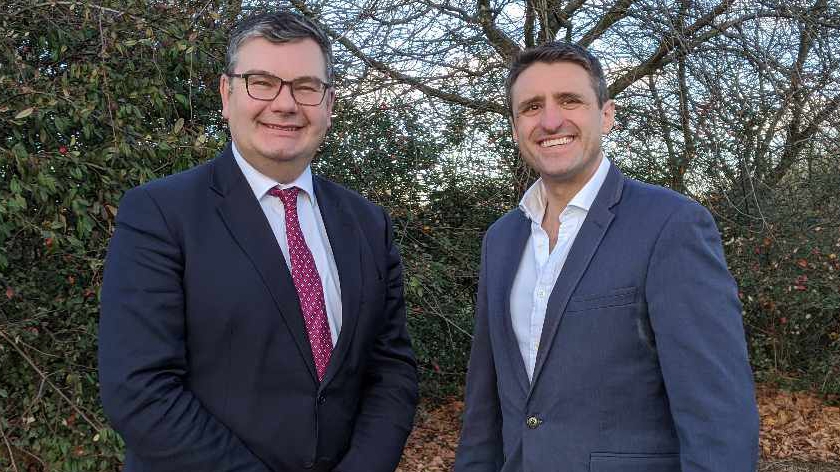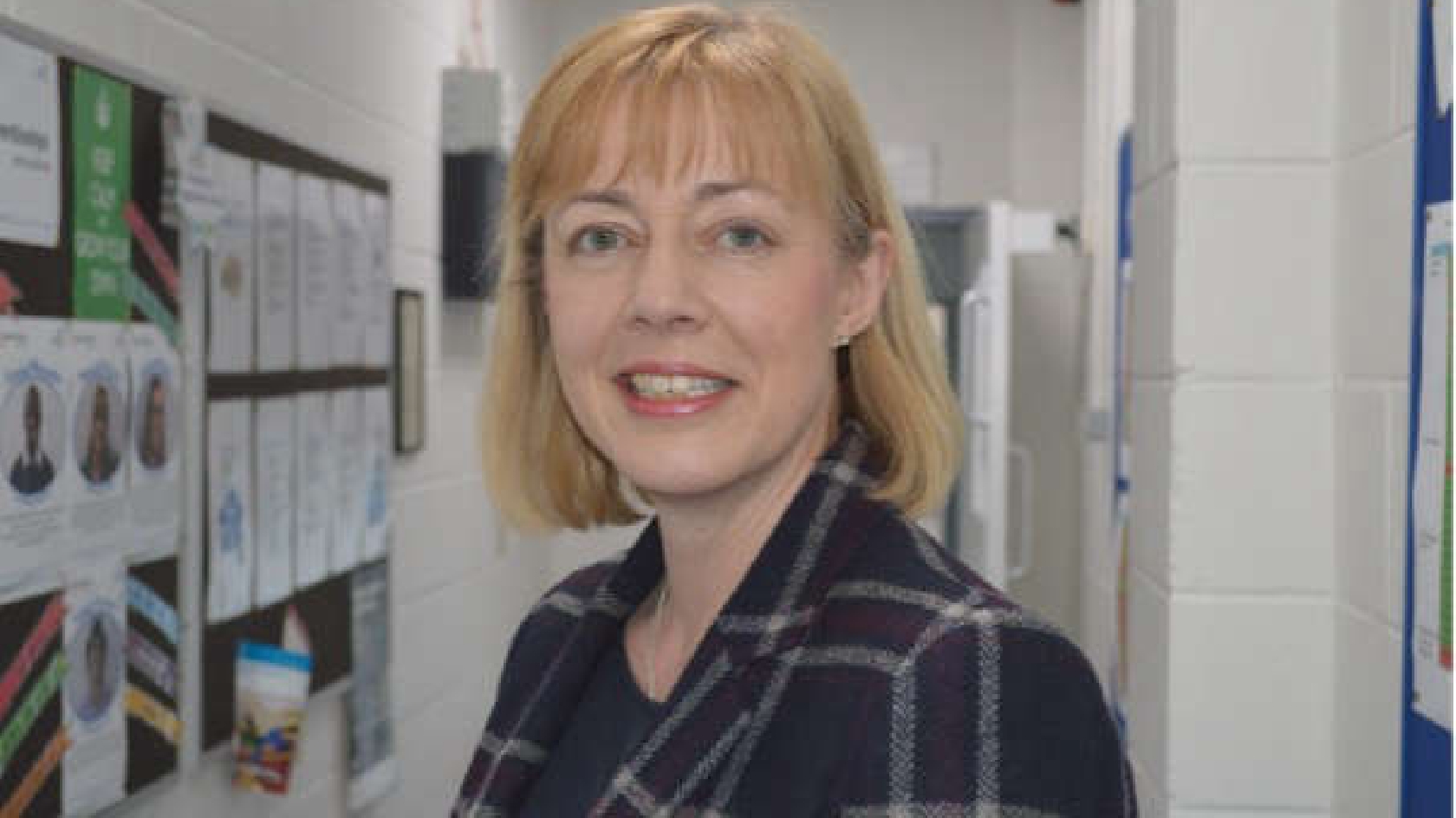
Milton Keynes MPs have given their support to the Government's vision to 'reset the dial on women’s health'.
The 'Vision for Women’s Health' sets out key government commitments on women’s health, while recognising the system wide changes needed to tackle some of the issues raised.
It is set to be addressed by the upcoming Women’s Health Strategy in spring 2022.
The government plans include appointing a Women’s Health Ambassador who will raise the profile of women’s health, increase awareness about taboo topics and support the government in implementing the strategy.
The call to evidence ran from March to June 2021 and generated 110,123 responses, including almost 100,000 responses from individuals across England and over 400 written responses from organisations.
The responses gave stark and sobering insights into women’s experiences of health and care and highlighted entrenched problems within the healthcare system including:
- Damaging taboos and stigmas in women’s health can prevent women from seeking help and reinforce beliefs that debilitating symptoms are ‘normal’.
- Over 8 in 10 have felt they were not listened to by healthcare professionals.
- There’s a feeling services for specialities or conditions which only affect women are of lower priority compared to other services.
- Women believe compulsory training for GPs on women’s health including the menopause is needed to ensure their needs are met.
- Nearly 2 in 3 respondents with a health condition or disability said they do not feel supported by the services available for individuals with their condition or disability.
- Over half of respondents said they felt uncomfortable talking about health issues with their workplace
The government says its ambitions in the vision are:
- that all women feel comfortable talking about their health and no longer face taboos when they do talk about their health
- that women can access services that meet their needs across the life course
- that all women will have access to high quality information and education from childhood through to adulthood, in * that all women feel supported in the workplace and can reach their full potential at work
- to embed routine collection of demographic data of participants in research trials to make sure that our research reflects the society we serve
Commenting, Iain Stewart MP said: “I welcome this Conservative Government’s commitment to tackle the gap in gender equality, and I look forward to seeing the Women’s Health Strategy in early 2022.
Also, I want to say thank you to all the individuals and organisations who provided responses to the call for evidence. Those contributions will help to shape the Government’s approach.”
Details on the action government will take to fulfil these ambitions will be followed by the Women’s Health Strategy in Spring 2022.













